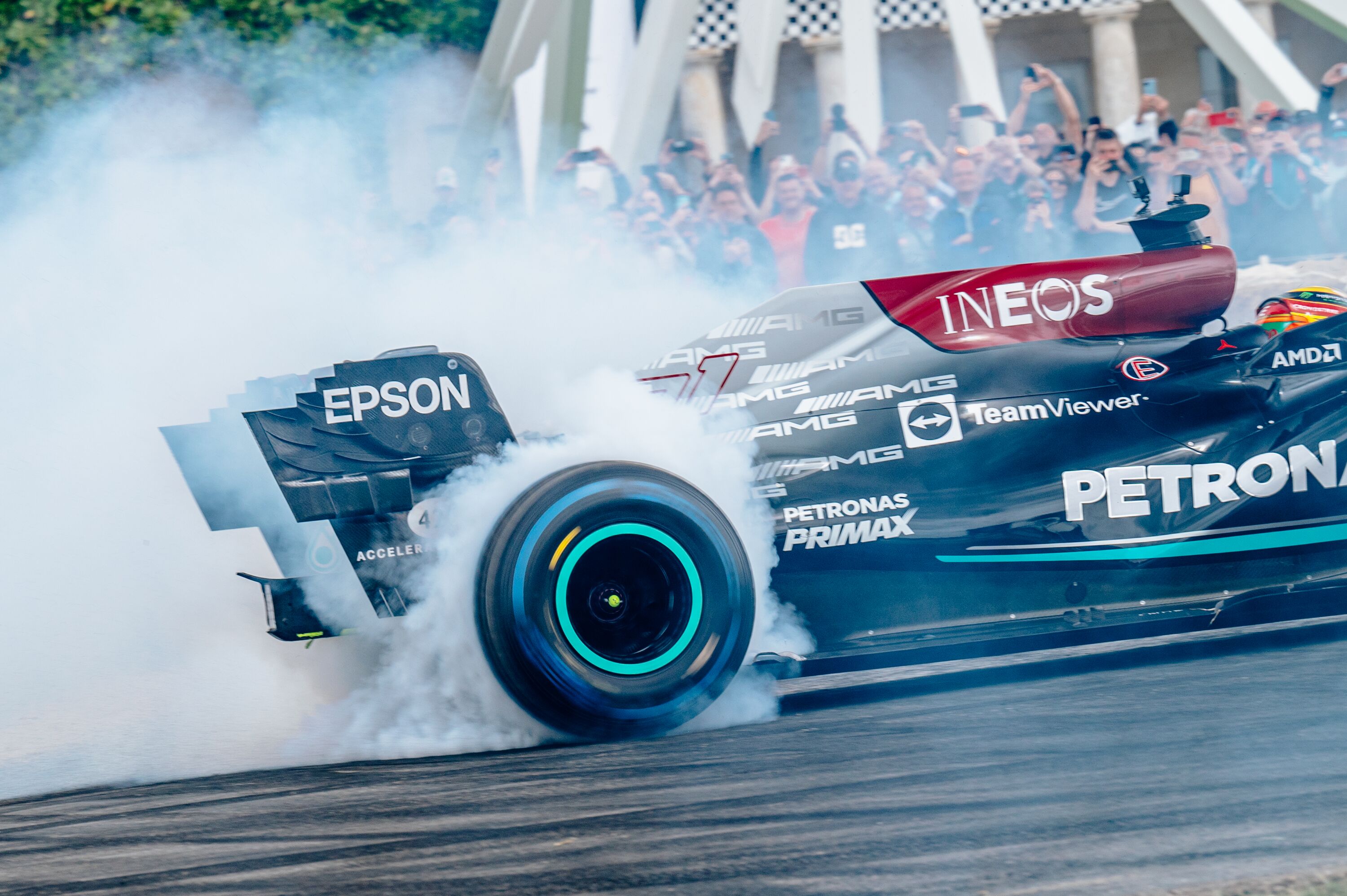Classic First Drive: 2001 Honda Insight
Back in the late 1990s, a long time before Donald Trump had ever heard of A$ap Rocky, even before Justin Bieber had warmed up his vocal chords, and before Twitter and social media spats, barely anyone had heard of a hybrid car other than a small group of environmentalists that nobody really wanted anything to do with.

That was the world into which a quirky concept car, called the Honda J-VX, hinted to the world that a different kind of motoring was on the horizon.
The J-VX is not a concept that’s gone down in the winds of time as a trailblazer, in fact its Wikipedia page is under 100 words long, but it spawned a second concept car, called the VV, which in turn heralded a car that has become a bit of a cult icon.
The VV, a car which has absolutely no Wikipedia page, would become the production Honda Insight. A small coupe-shaped oddity with covered rear wheels that was powered by one of the first hybrid motors put up for sale.

The teeny liftback Insight was powered by a 1.0-litre, three-cylinder petrol engine and a small electric motor. Between them they produce around 90hp, drive it and you’ll feel like there’s more. But the Insight was never about performance. This was a tech showcase. The Insight was not just a hybrid in a world that didn’t know the word, it also had energy recovery systems, a digital dash, and a super-low drag coefficient allowing it to manage 83mpg, in 1999.

Let’s start with the exterior. We’re driving the Insight in the blazing sun of Catalunya in the 21st century, and even today, surrounded by the sun-parched landscape, it looks like a complete oddity. ‘Futuristic’ cars have a tendency to look astounding when they first arrive on the scene, and yesterday’s news about four months later, but the Insight is still strange enough to turn heads twenty years after it was first sold. Kitted out in the standard lime green colour the Insight still looks every bit like the fish out of water that it was. It resembles something from the Jetsons that someone actually made. The covered wheels taper back into a quite unique thin rear, helping that drag coefficient – the rear is almost completely glass and the overall shape recalls experimental Le Mans racers of yesteryear.

Inside Honda’s heritage car retains the vivid lime green (an even more striking shade than the outside) and grey seats, but opts for a more sedate cabin elsewhere. There are flashes of silver on the dash, and the lack of rear seats is noticeable, but other than that it’s the instrument binnacle that holds all the interest. In here you’ll find instruments out of something at least five years younger than the Insight. We’re talking digital speedo, power use and regeneration readouts and range calculations. You can see why someone driving the Insight in 1999 (or even 2001 when this car was built) would have felt like they were in the future.
Behind the wheel the seats are firm, but not uncomfortable, matching the ride, which is designed for efficiency – i.e. firm – and suffers out of town and off the motorway on the rutted rural Spanish roads. But in town, and on those famously smooth Iberian motorways, the Insight feels at home, albeit lacking a little in power. That rough 90 horsepower might feel like more than it actually is, but that still isn’t saying much. The steering is electrically powered, again for efficiency, but this being 1999 that leaves is lighter than light.
But there’s a charm about this car, it would be magnificently easy to live with, as long as you never wanted to transport more than one other person, and it’ll turn heads wherever you go, while returning a genuine 69mpg. The tech feels exciting even now, 20 years later, and the package is one that elicits a lot of love.

While the Insight is not my cup of tea I can understand the cult following that it does have. This is a car not only well out of its time, but one that really does not care what you think. The Insight was here to save the world through technology, and did it a full decade before anyone really thought hybrids would become the norm. OK, so the Insight was actually two years later into the world than the first Prius, but it feels more futuristic than the Mk1 Prius – a car that looks unimpressive today.
Would I buy an Insight given the chance? Probably not. Should you do so if you’re tempted? Absolutely.
Classic First Drive
Honda
Insight
Hybrid































































